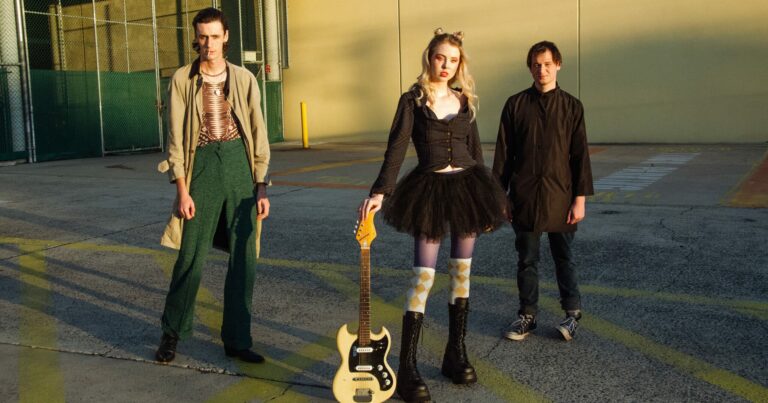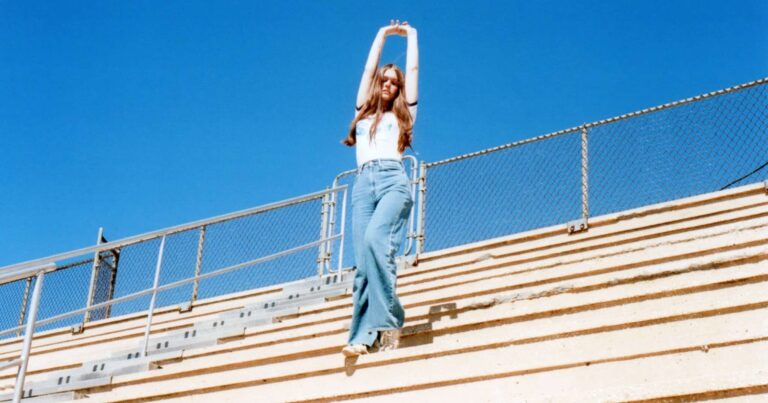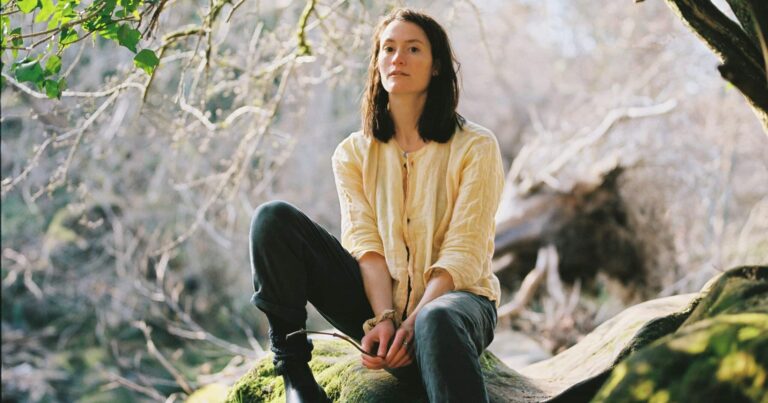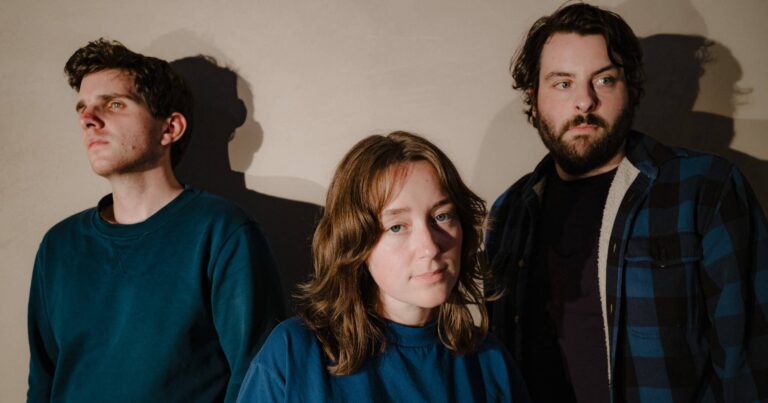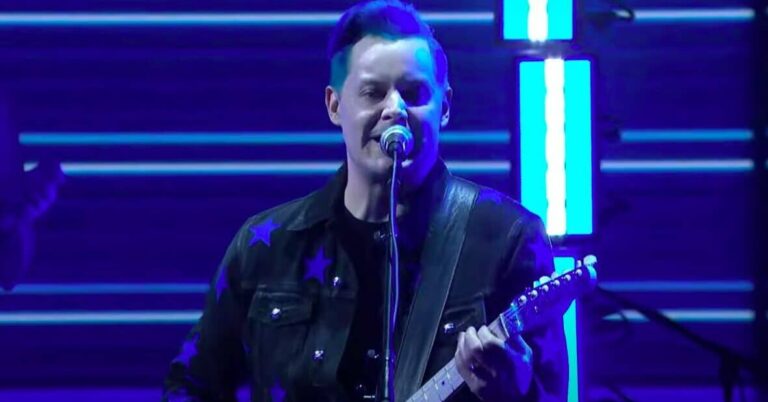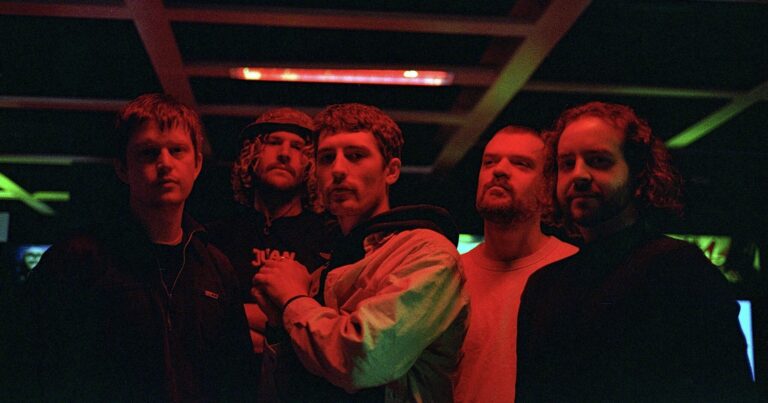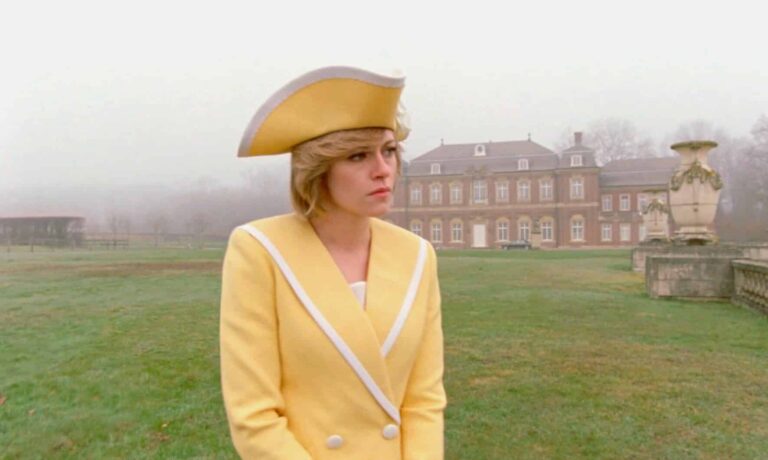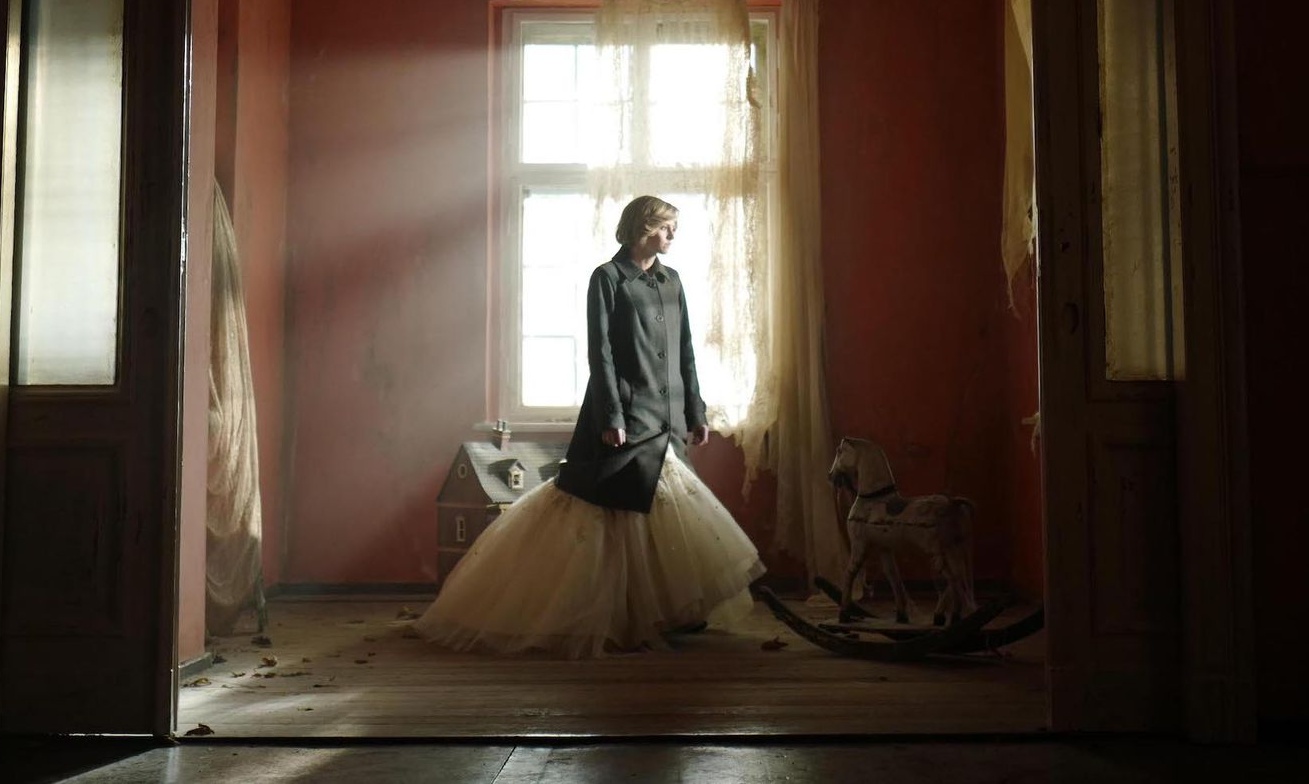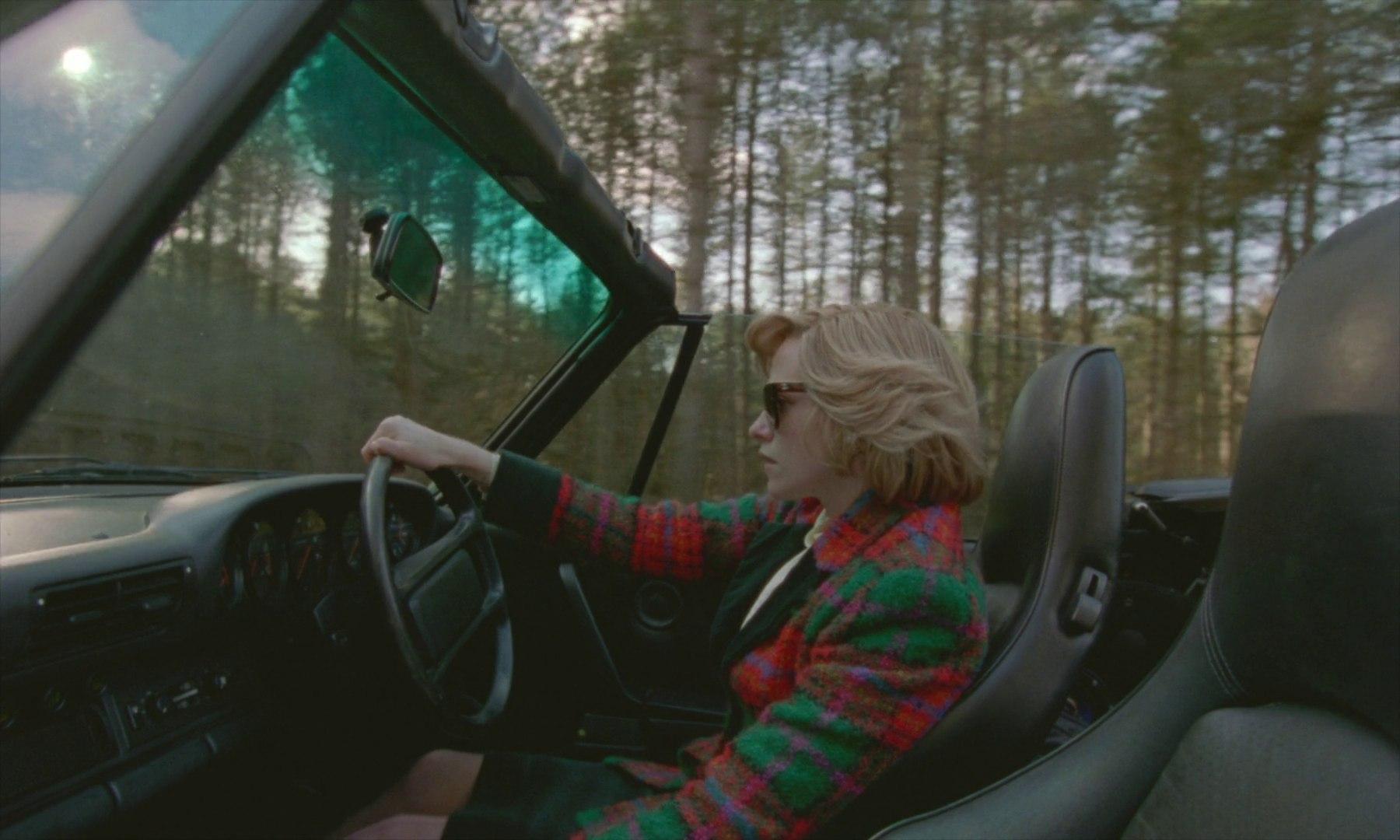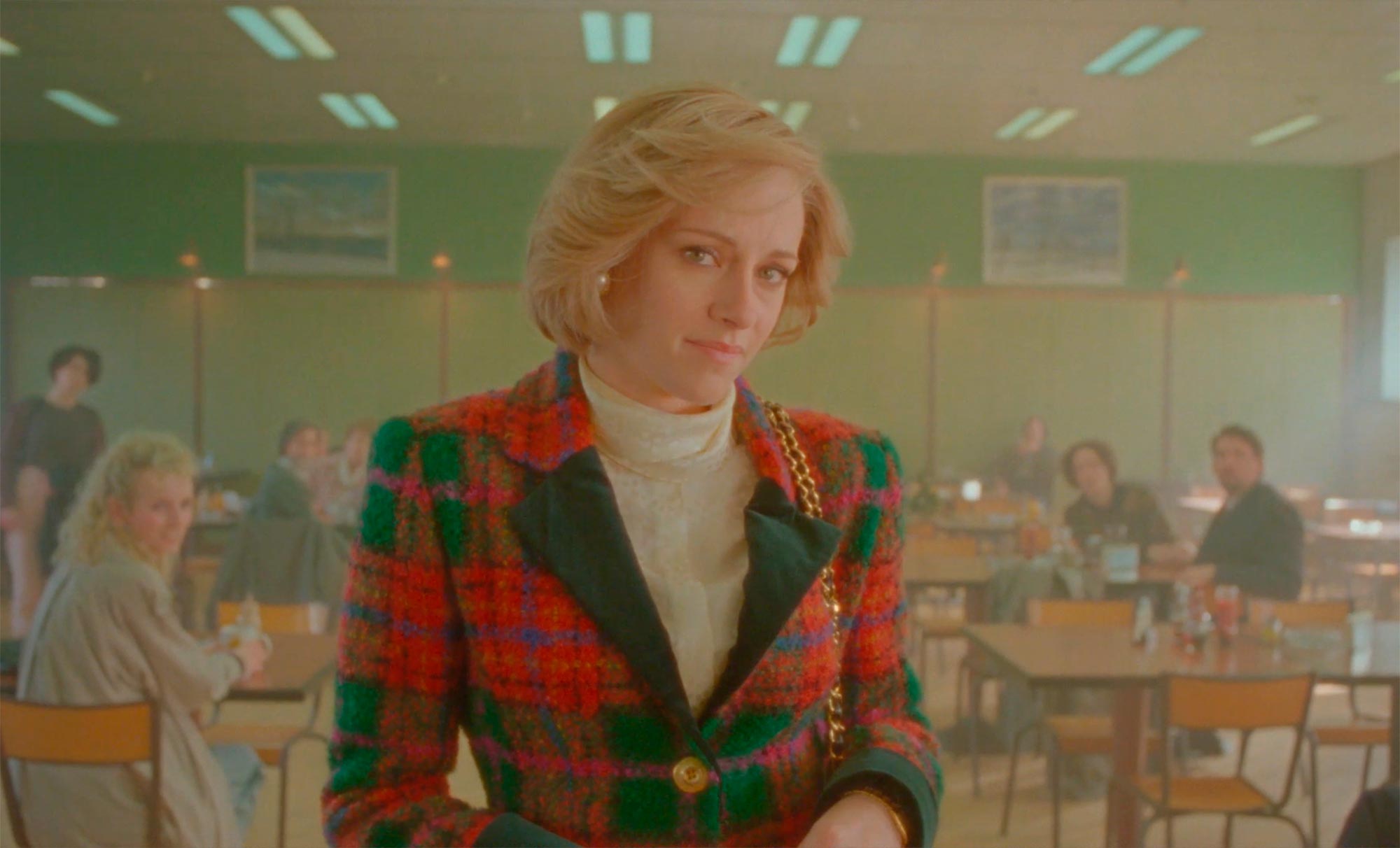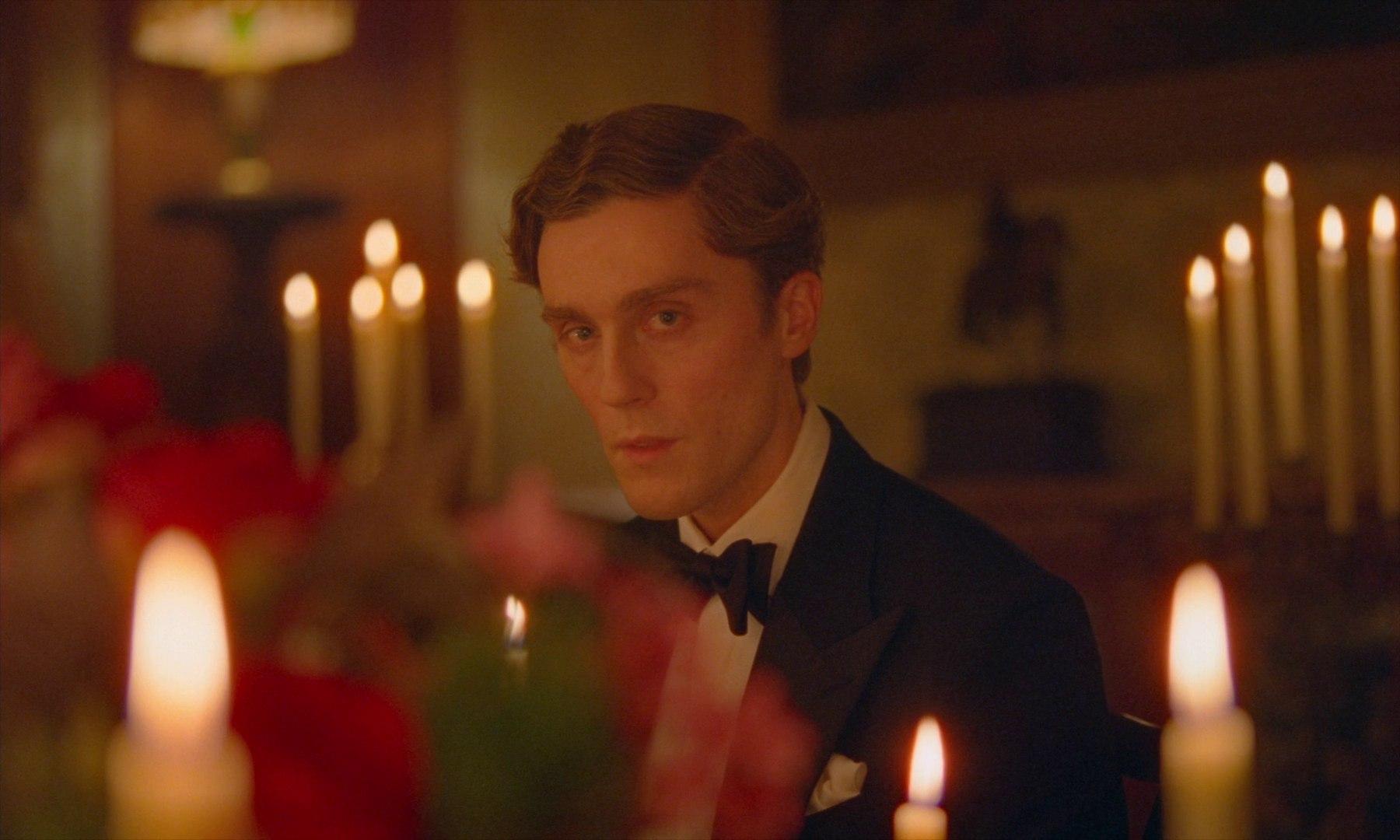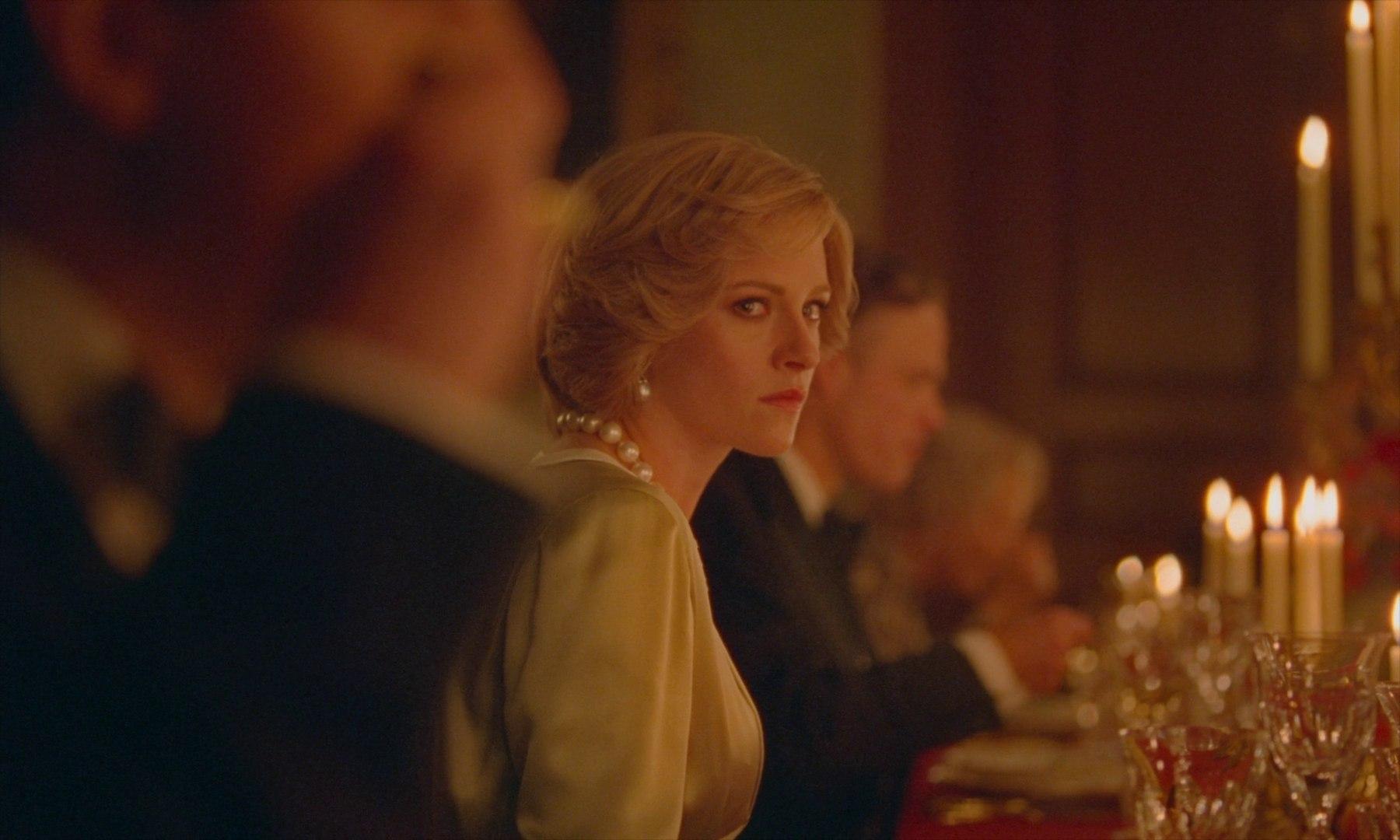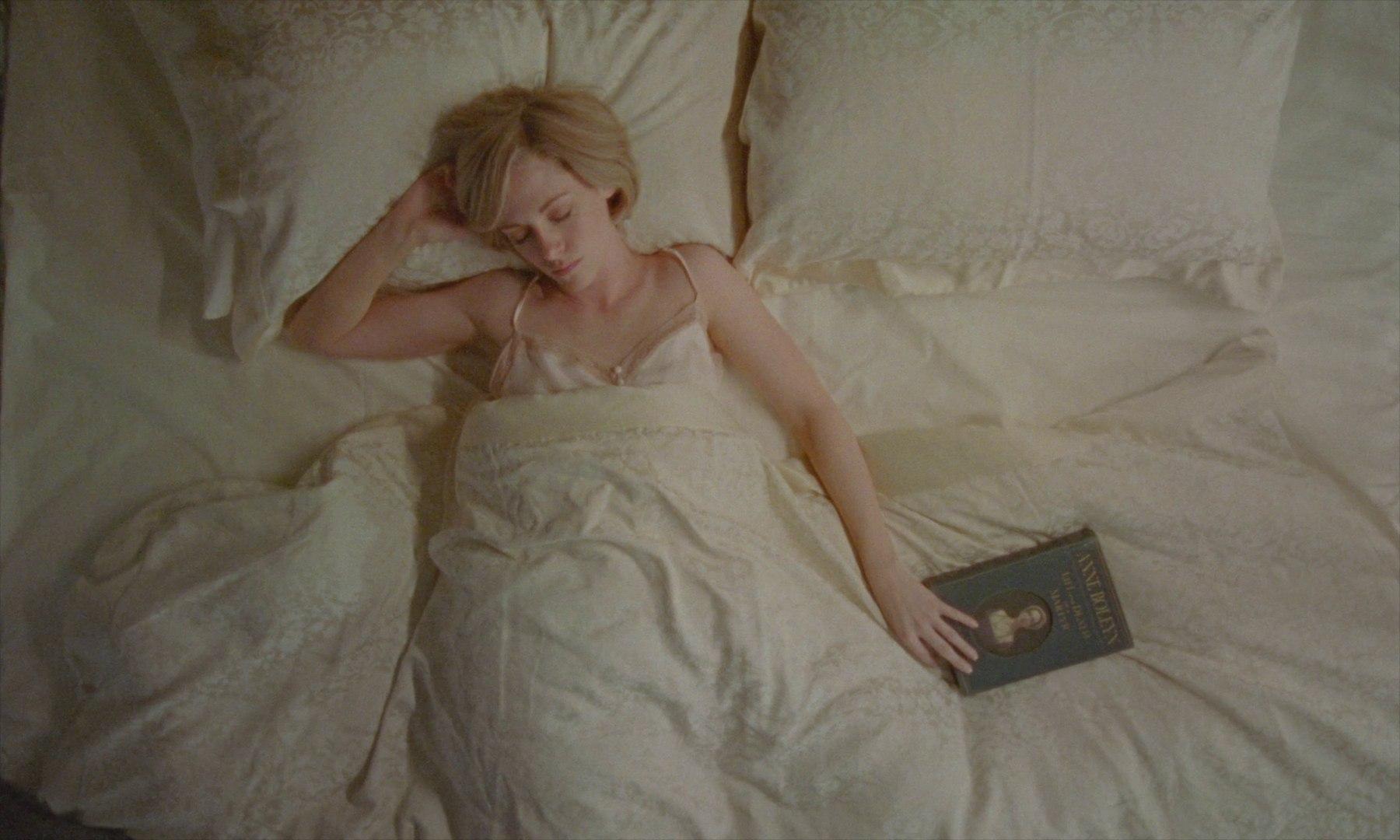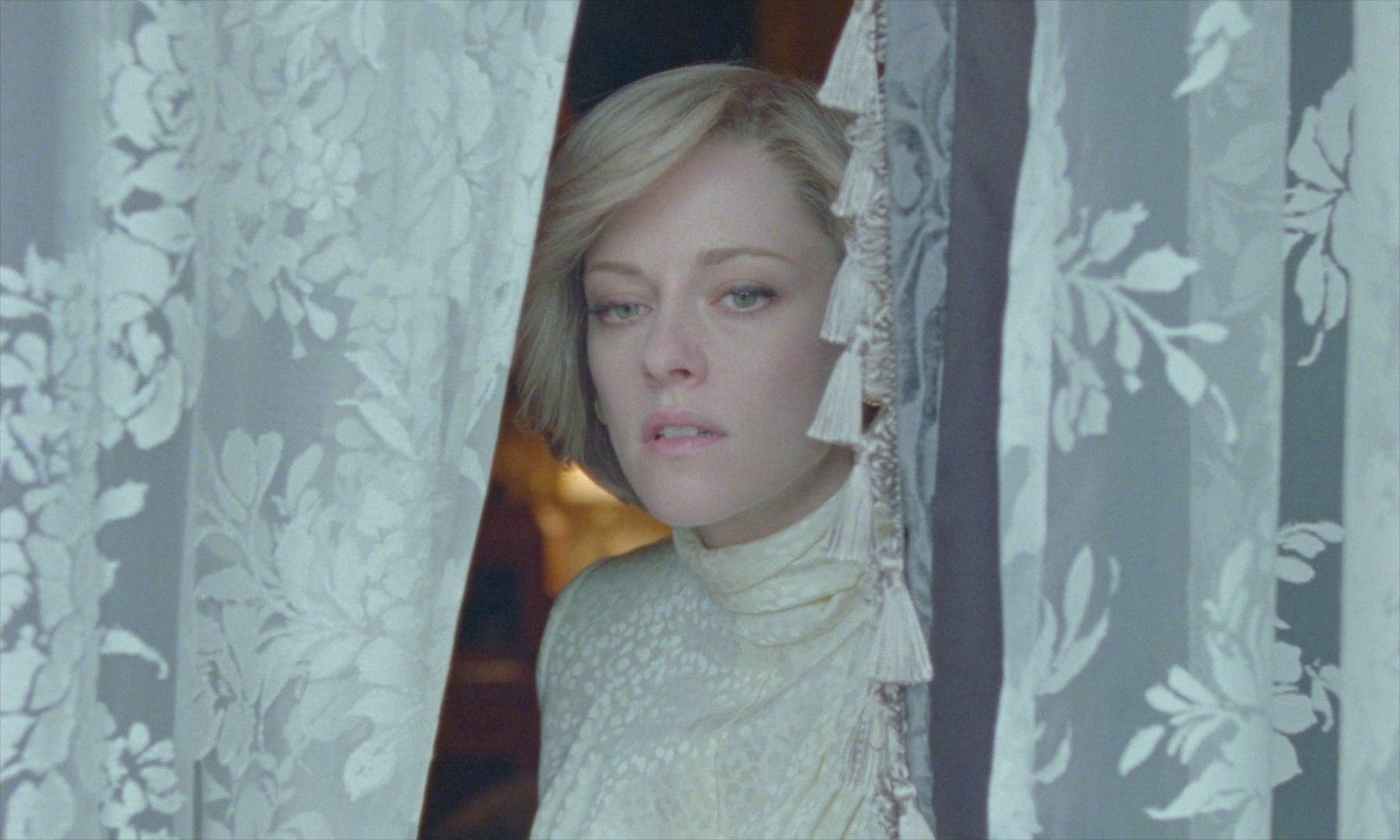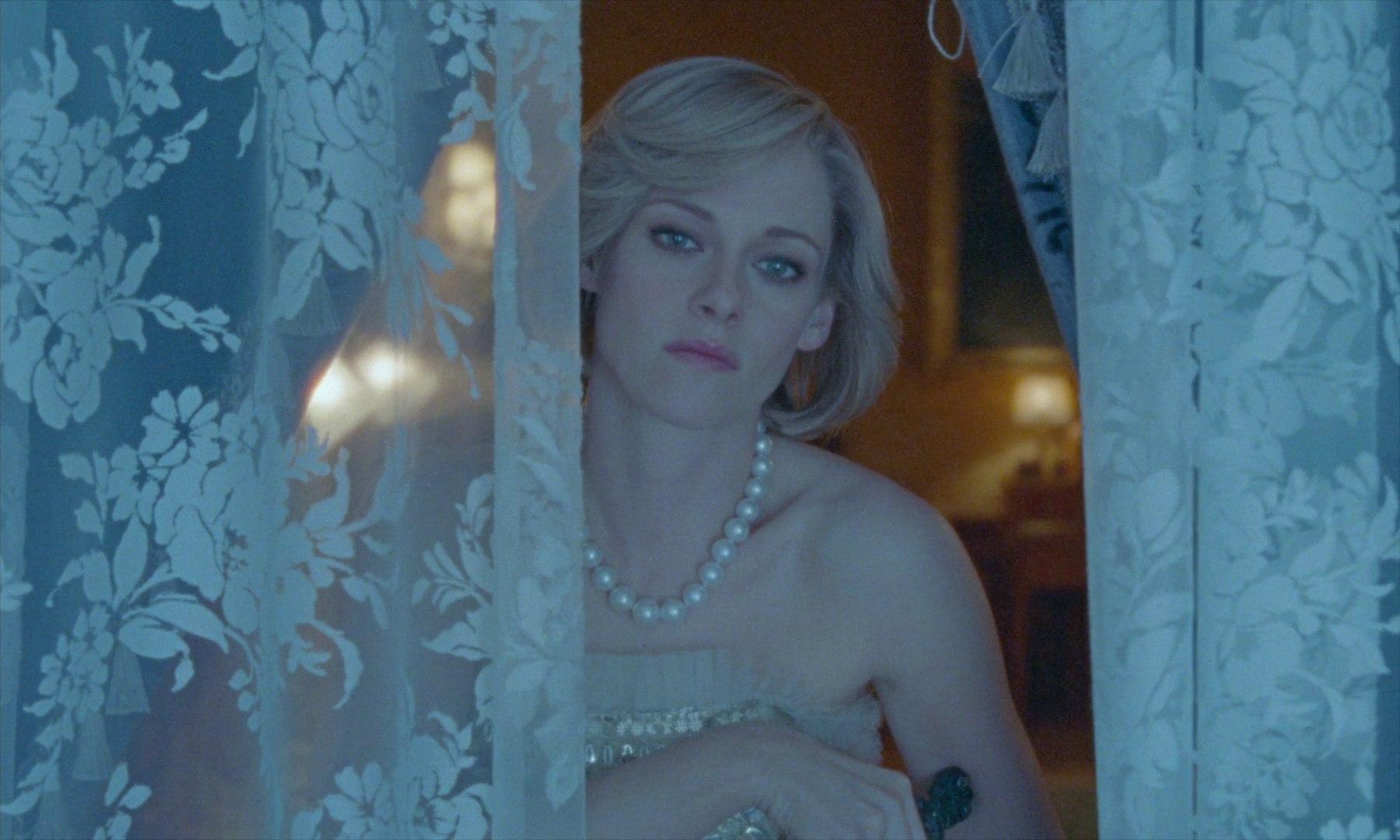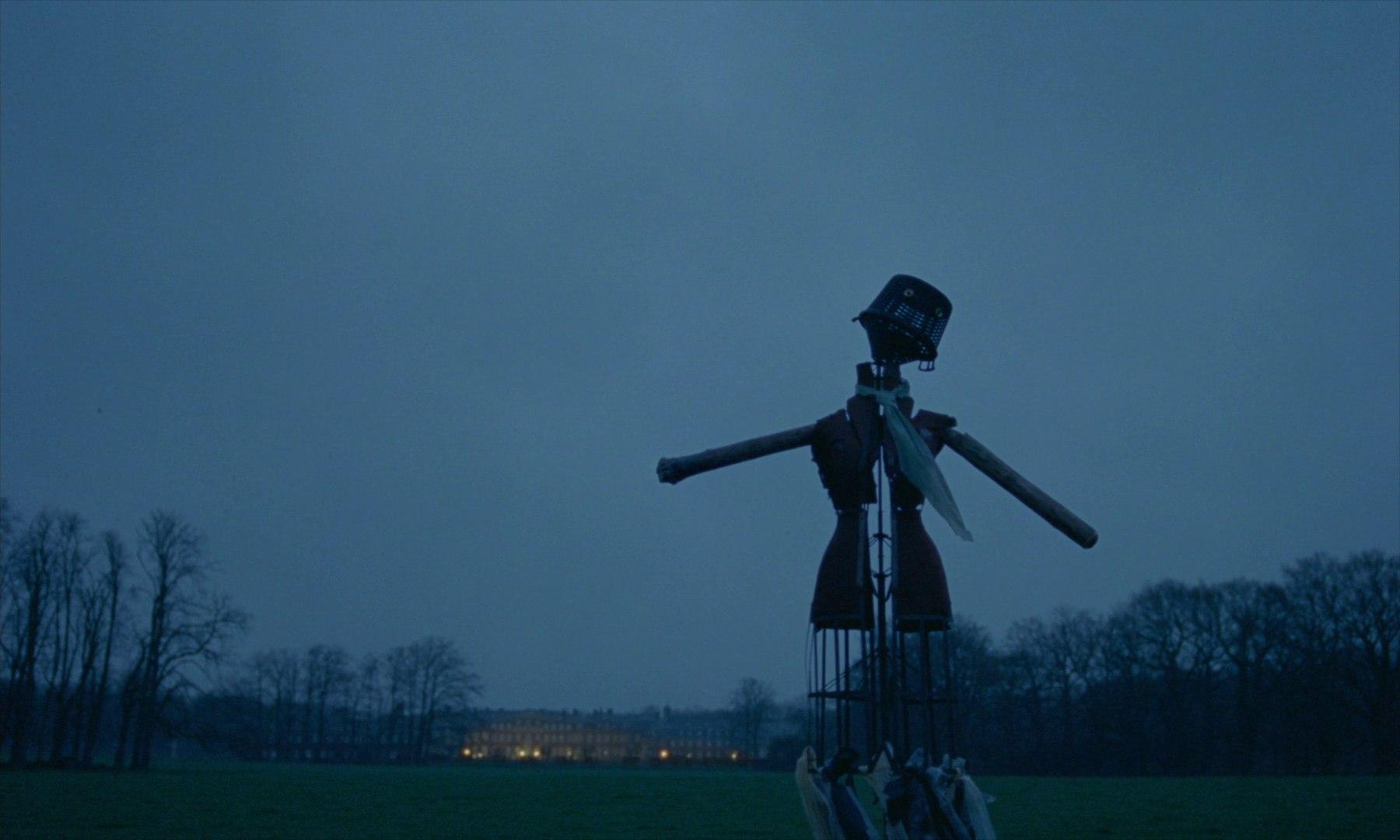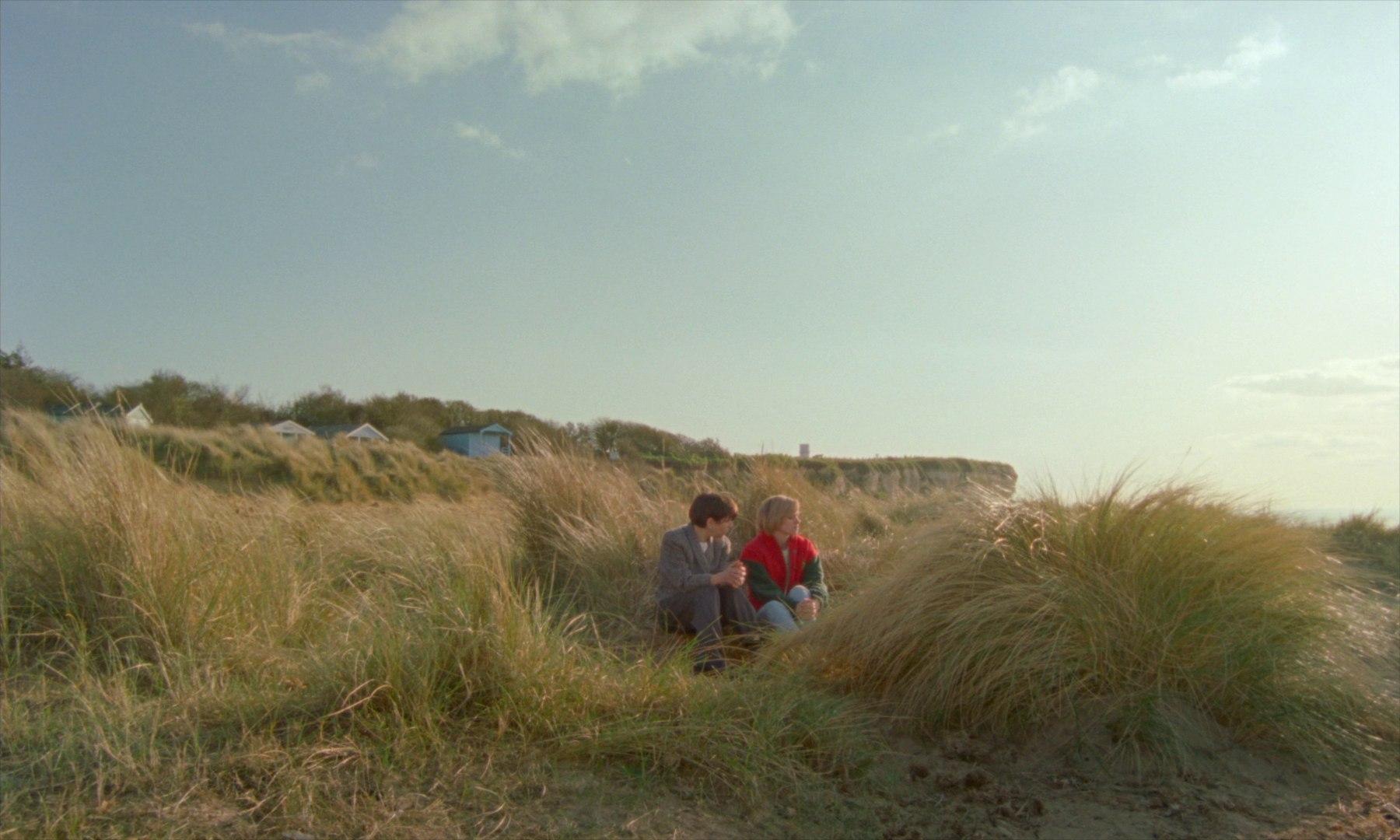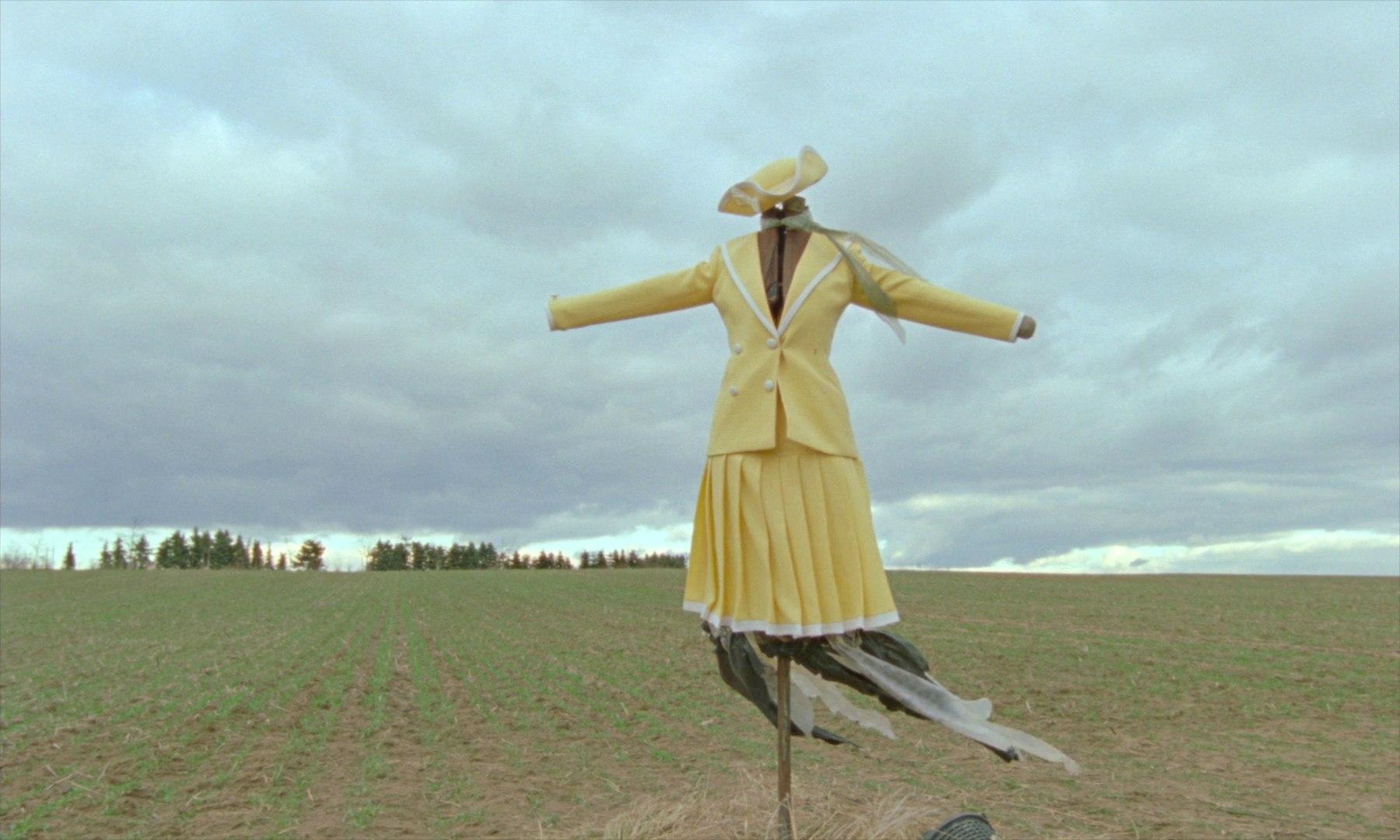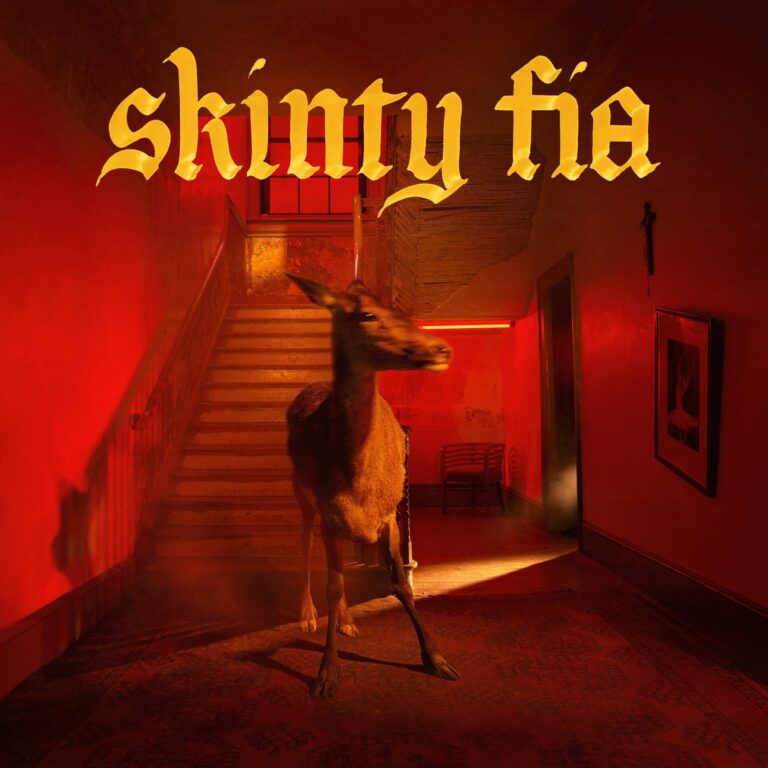Nothing is more aggravating than gazing at a blank sheet of paper or a blank computer screen. In most cases, this is frequently the situation for most students when beginning an essay. Generally, writing an essay can be problematic, be it a story, a persuasive essay, or even a research paper.
In addition, the entire writing process is a series of failed starts and extensive revisions. This also includes trying to avoid writer’s block and plagiarized work. Citing sources appropriately, drafting a thesis statement, and expanding on ideas are just a few issues you may encounter. Therefore, knowing how to avoid these problems will assist you in finishing your essay successfully.
Getting Started:
The first issue a student may face is difficulty starting an essay. This usually occurs when you overlook the pre-writing stage. Therefore, you can save your time by first determining the aim of your essay and brainstorming possible ideas to accomplish that objective.
Typically, brainstorming is appropriate if you don’t limit your ideas. So start by writing down all your ideas, even if you know they won’t fit into the essay. After that, you may determine the most significant things to address using this information.
Developing a Thesis Statement:
Creating a good thesis statement is another most difficult aspect of essay writing. Basically, the thesis statement is the most important part of the work, and it serves as a brief introduction to the writer’s goals and what the viewer can expect at the end. However, most students struggle to draft a persuasive, intelligible, and flawless thesis statement. So the best way to deal with this problem is to practice and experiment with different approaches to developing a thesis statement. This makes creating a more accurate and reasonable thesis statement much easier. In addition, the thesis statement will serve as a guide for the remainder of the work and ensure that it is correct and on topic.
Lack of Evidence:
If you’re having trouble drafting an essay, you should think about including more illustrations or facts to back up your claims. Most students will often come up with a subject that lacks sufficient evidence or proof, making it more difficult to complete. It will be difficult for the paper to support the issue without facts from a reliable source or with relevant examples. This will guarantee that the document is thorough and has sufficient information.
In some instances, you may need to gather evidence from various sources and databases. While this can sometimes be challenging, seeking assistance from Write My Essay Today can be a smart move. You can also rely on this service to help you gather and review evidence from diverse sources and even determine the most appropriate one.
Using References:
Using in-text citations and cited pages to document sources is common in essay writing. However, a lack of understanding of correctly citing the sources might lead to plagiarism. Since most colleges penalize plagiarism irrespective of intent, even a single citation error can be construed as a copyright violation. Therefore, you can avoid plagiarizing your work by meticulously noting sources as you conduct research. This will give you enough time to correctly assess how to quote and rephrase materials.
Concepts and word count:
Another part where students may have difficulties with essay writing is sticking to the word count. If the task has a word count limit, you must ensure that the write-up meets that word count to score the required grade. In other words, to achieve the word count, you have to develop your thoughts and ideas meaningfully. You cannot simply fill the essay or article with irrelevant content to reach the required words. To a large extent, the words must be significant.
Conclusion
Essay writing will always be an important element of academic learning. Therefore, every student should try to improve their essay writing skills.
Writing a top-notch will be easier with the above considerations in mind. Besides, you will not encounter many challenges and stressful obstacles. Also, before submitting your work, ensure that you proofread, format, and modify it. However, if you’re still having trouble with your paper, you can seek expert assistance.
